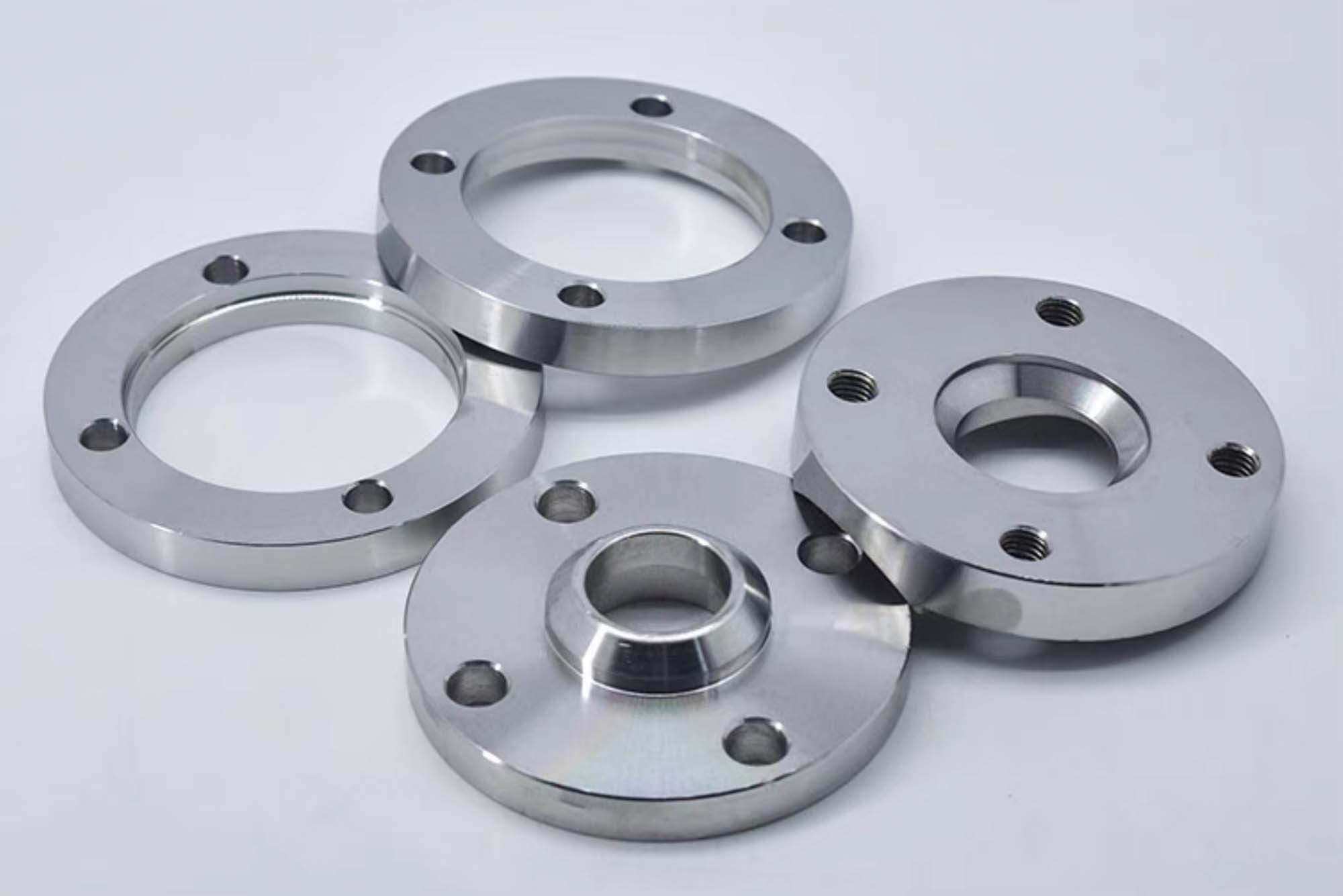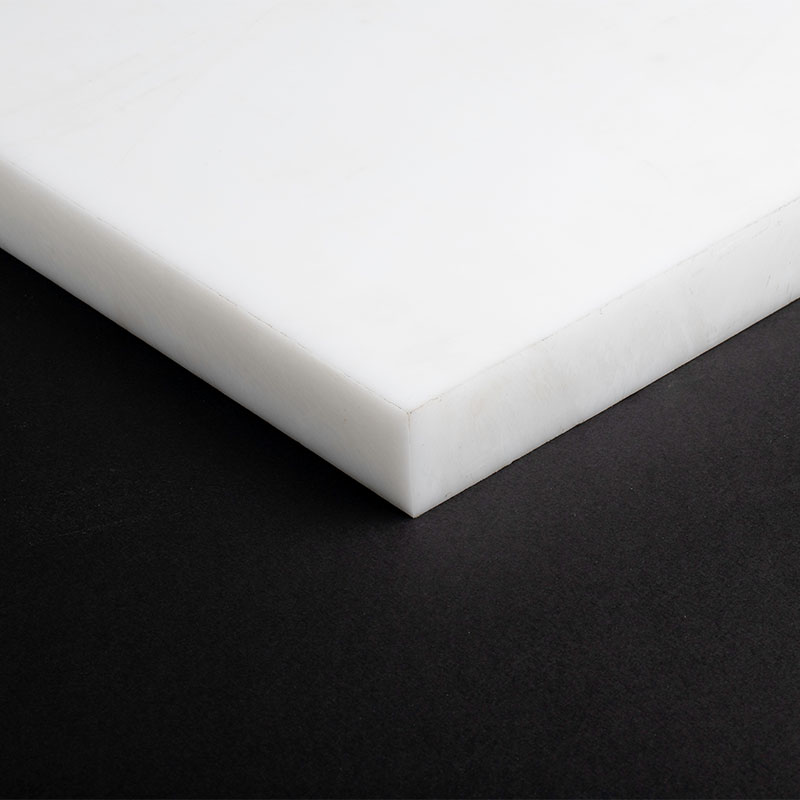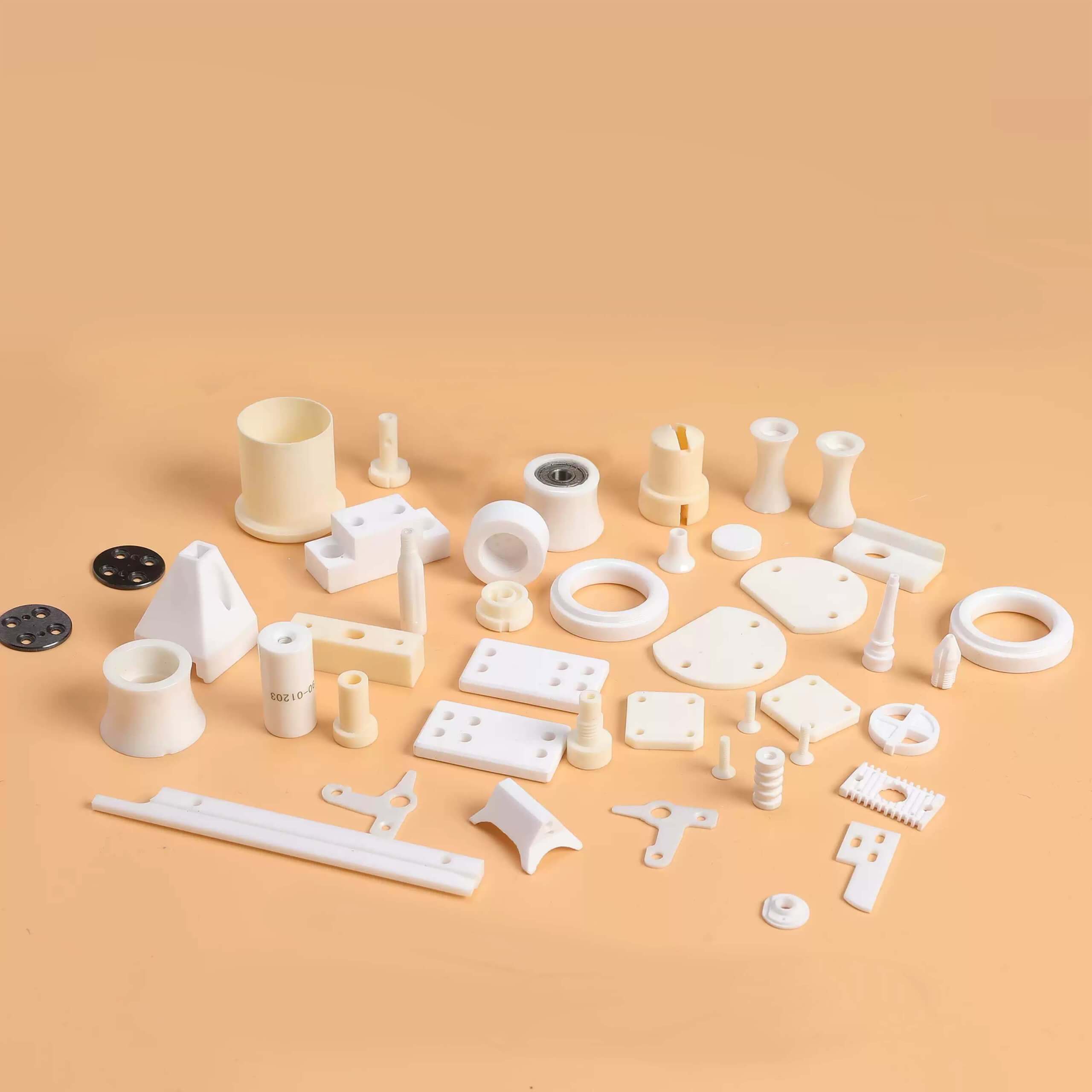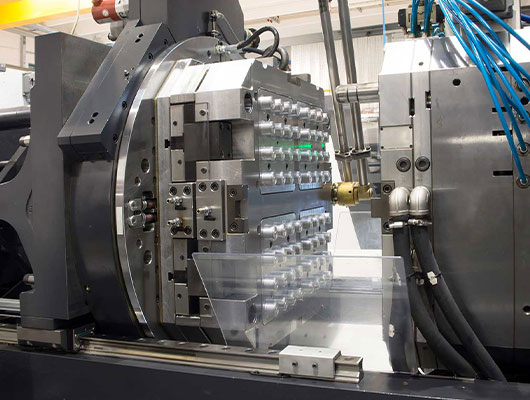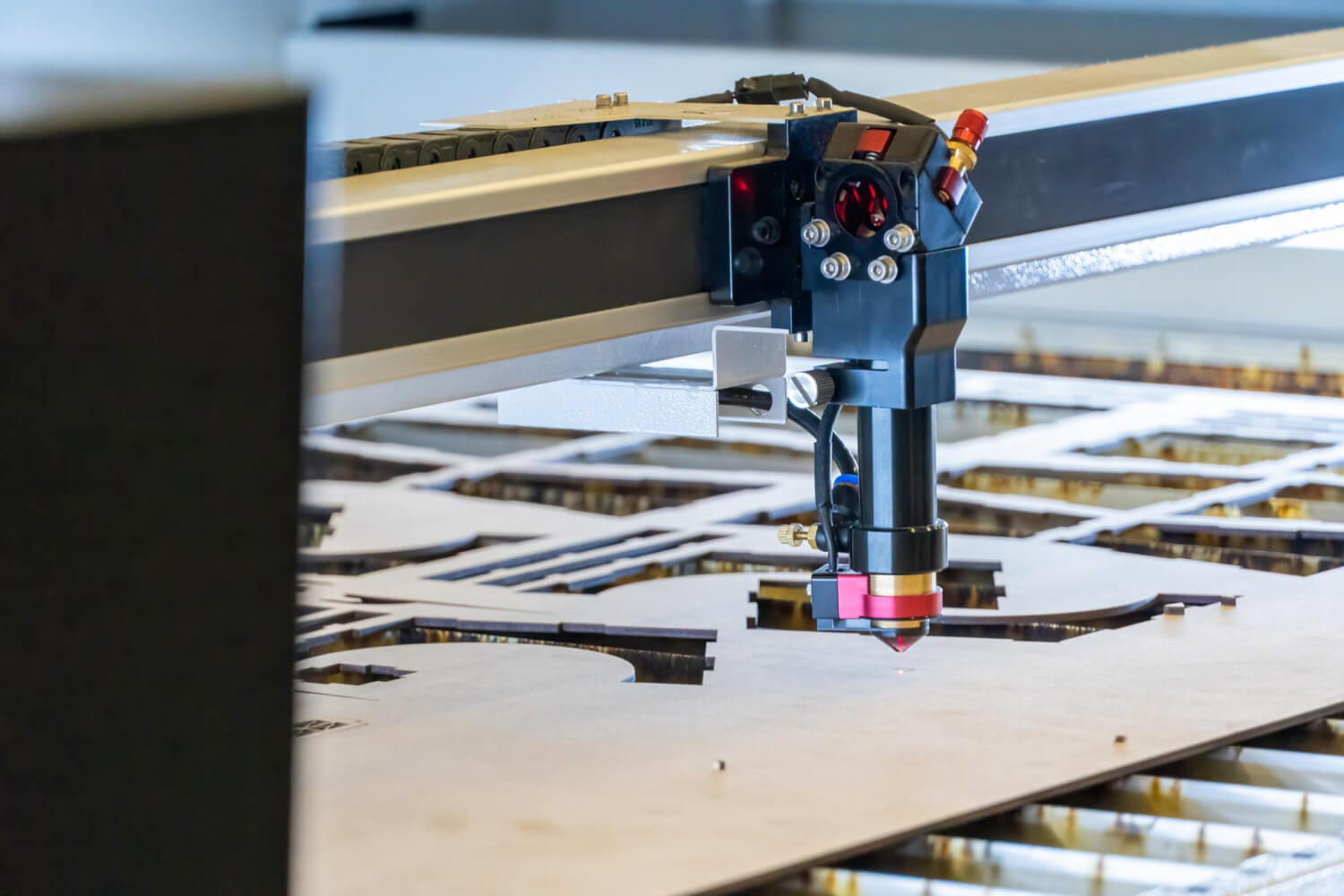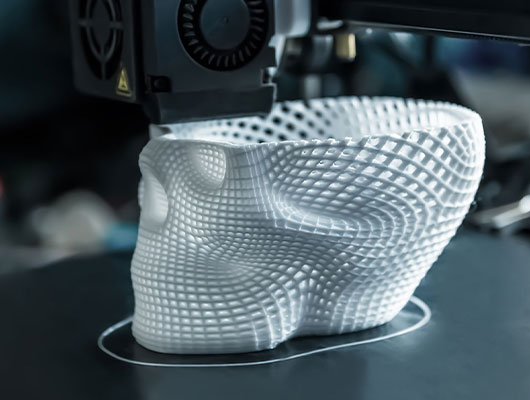About Polycarbonate
Polycarbonate (PC) is a highly versatile engineering thermoplastic material that is widely used in various industries due to its exceptional mechanical, thermal, and optical properties. It is a transparent and amorphous polymer that exhibits excellent impact resistance, high tensile strength, and good dimensional stability.
PC is commonly used in the manufacturing of parts and components for applications that require high transparency, such as automotive parts, medical devices, electronic housings, and safety glasses. It is also used in applications that require high impact resistance, such as bulletproof windows and machine guards.
One of the main advantages of PC is its ability to be easily machined with CNC processes, making it an ideal material for creating complex parts with high precision and accuracy. It can also be easily welded, bonded, and polished, which further enhances its versatility and usefulness in various applications.
Overall, PC is a highly desirable plastic material for CNC machining due to its exceptional properties and ease of machinability, making it a popular choice in many industries.Regenerate response



